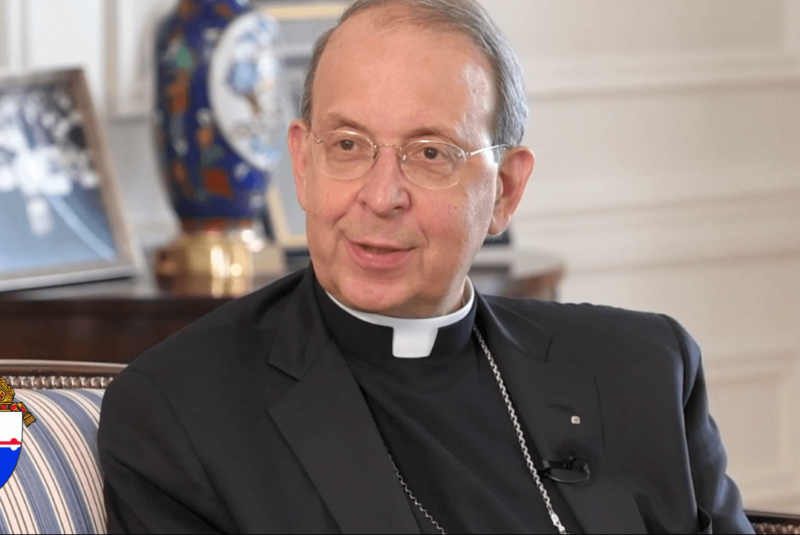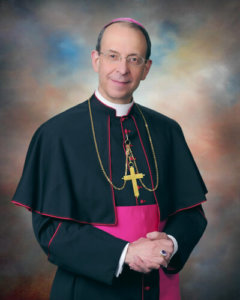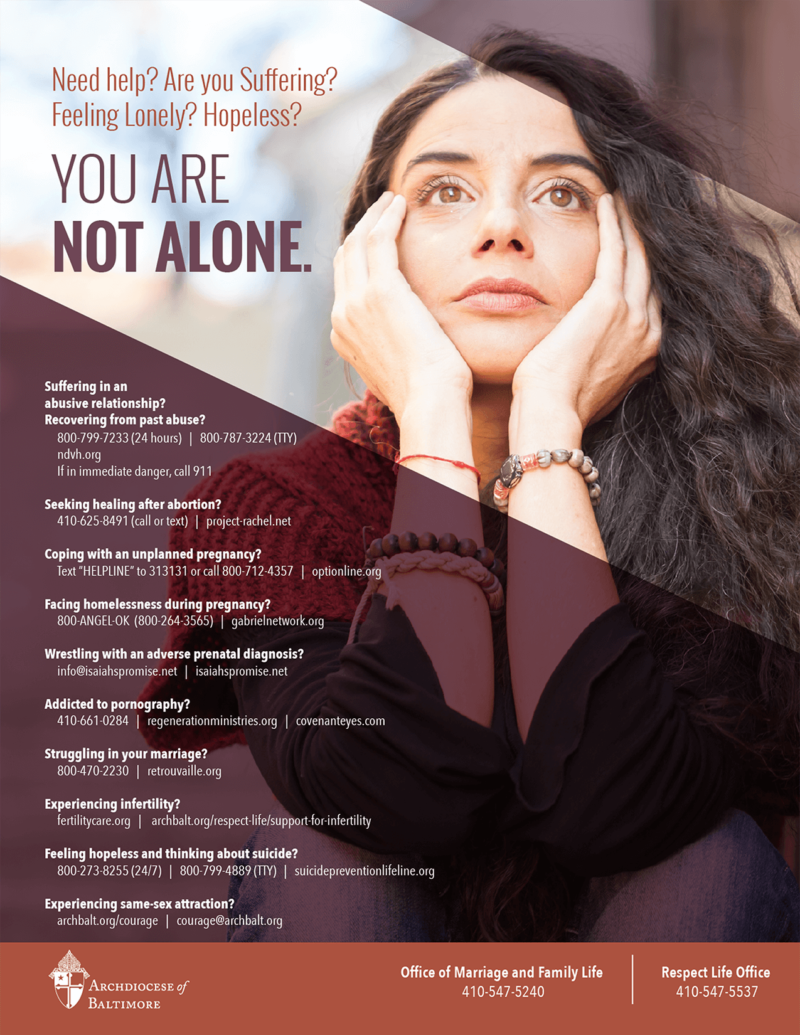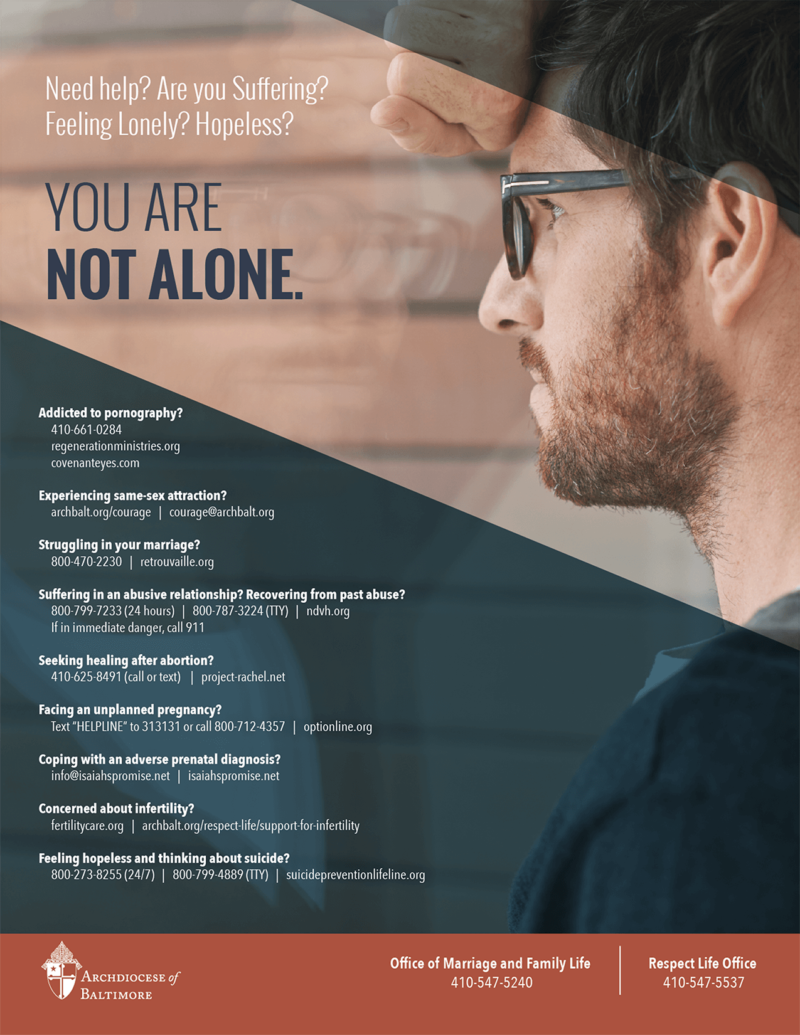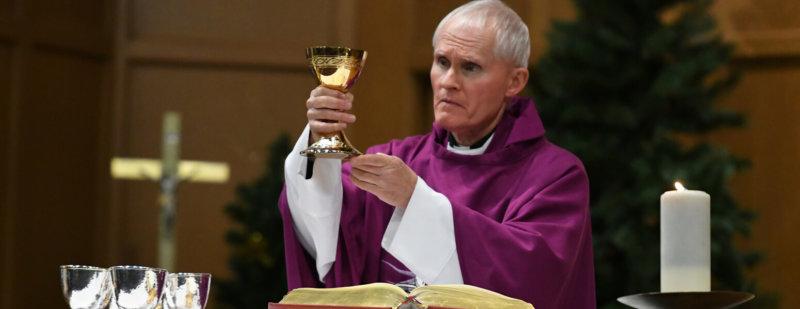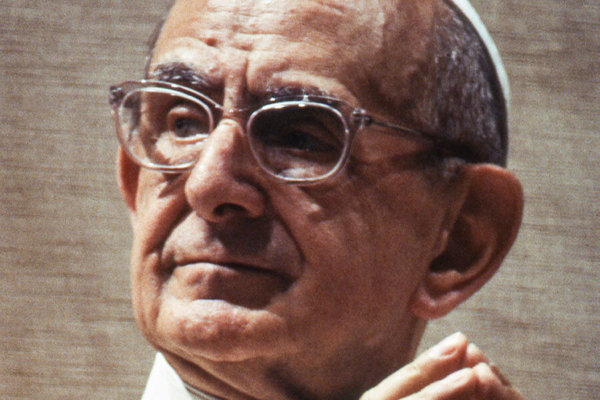Books for Couples
Pope Francis. Amoris Laetitia
Blessed Paul VI. Humanae Vitae
Wojtyla, Karol. Love and Responsibility
St. John Paul II. Man and Woman He Created Them: A Theology of the Body
Bennett, Art. The Temperament God Gave You
Chapman, Gary. Five Love Languages
Coffin, Patrick. Sex au Naturel: What It Is and Why It’s Good for Your Marriage
Eggerichs, Emerson. Love and Respect
Guarendi, Ray. Marriage: Small Steps, Big Rewards
Hart, Mark. Embracing God’s Plan for Marriage: A Bible Study for Couples
Morse , Jennifer. 101 Tips for a Happier Marriage: Simple Ways for Couples to Grow Closer to God and to Each Other
Olson, David. The Couple Check-up
Popcak, Gregory. For Better…Forever!
Popcak, Gregory. Holy Sex!
Popcak, Gregory. Just Married: The Catholic Guide to Surviving and Thriving in the First Five Years of Marriage
Sheen, Fulton. Three to Get Married
Sri, Edward. Men, Women, and the Mystery of Love: Practical Insights from John Paul II’s Love and Responsibility
West, Christopher. The Good News about Sex and Marriage
West, Christopher. Theology of the Body for Beginners



